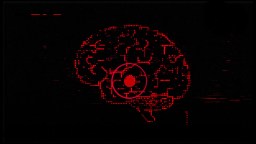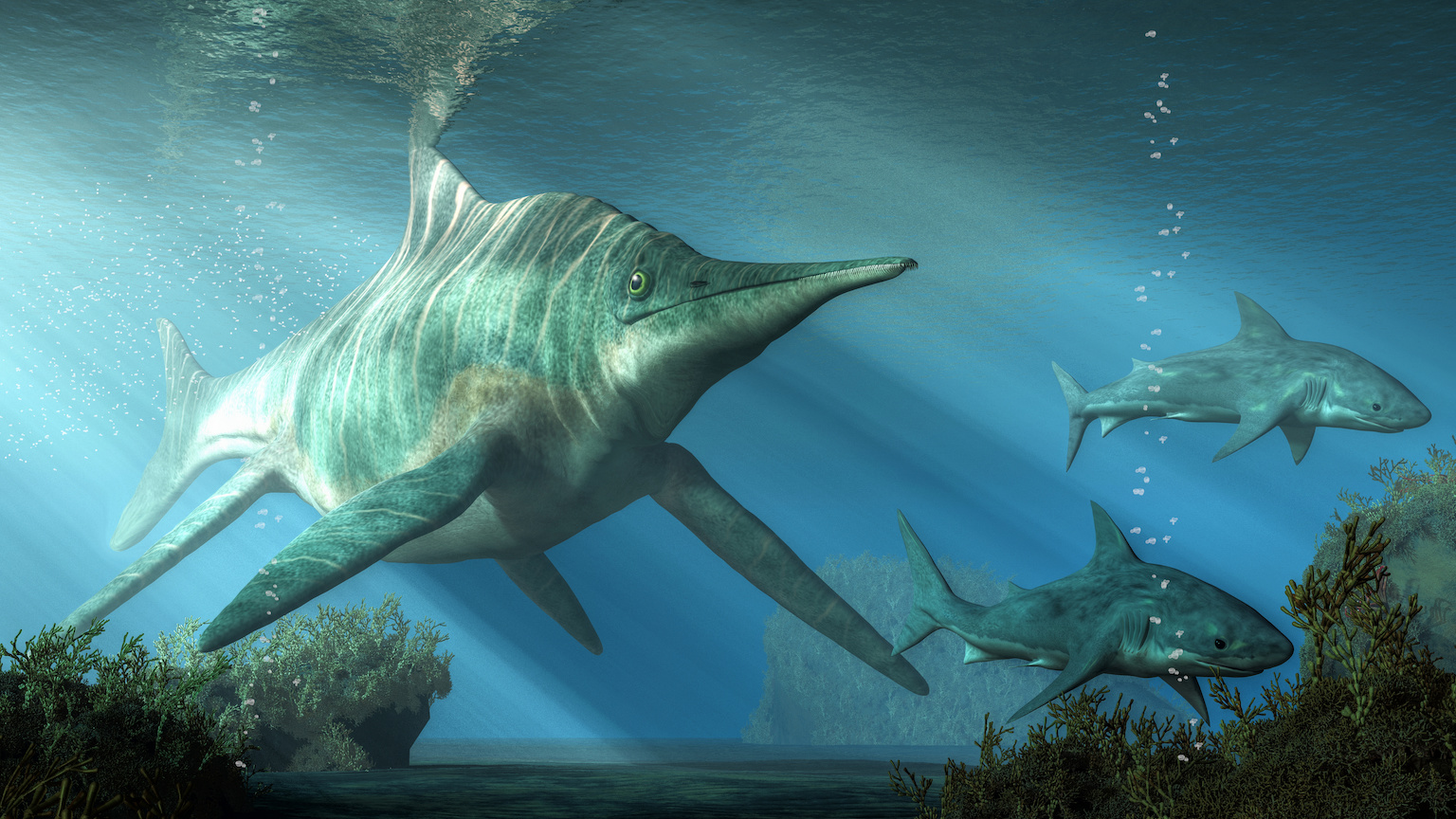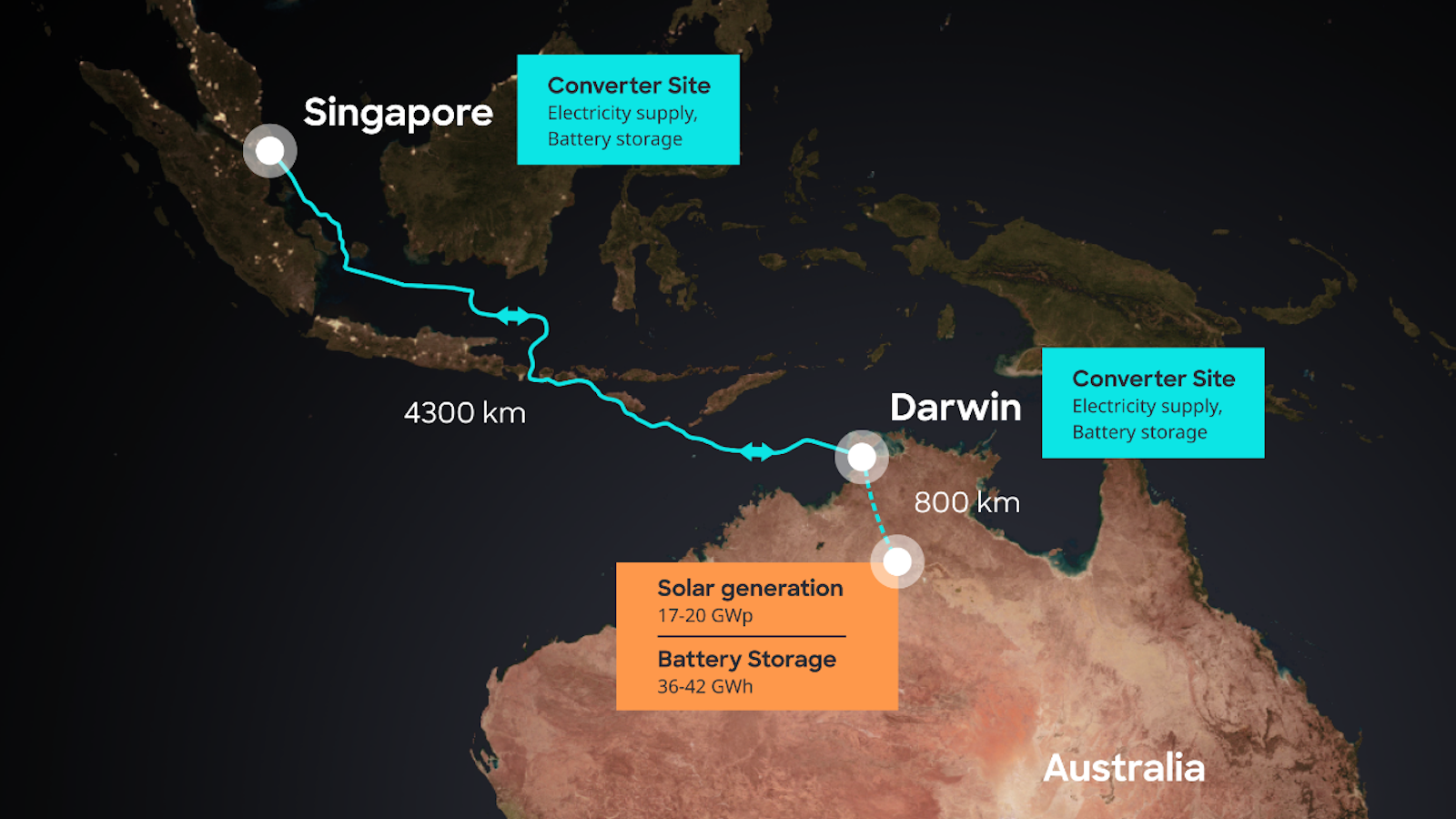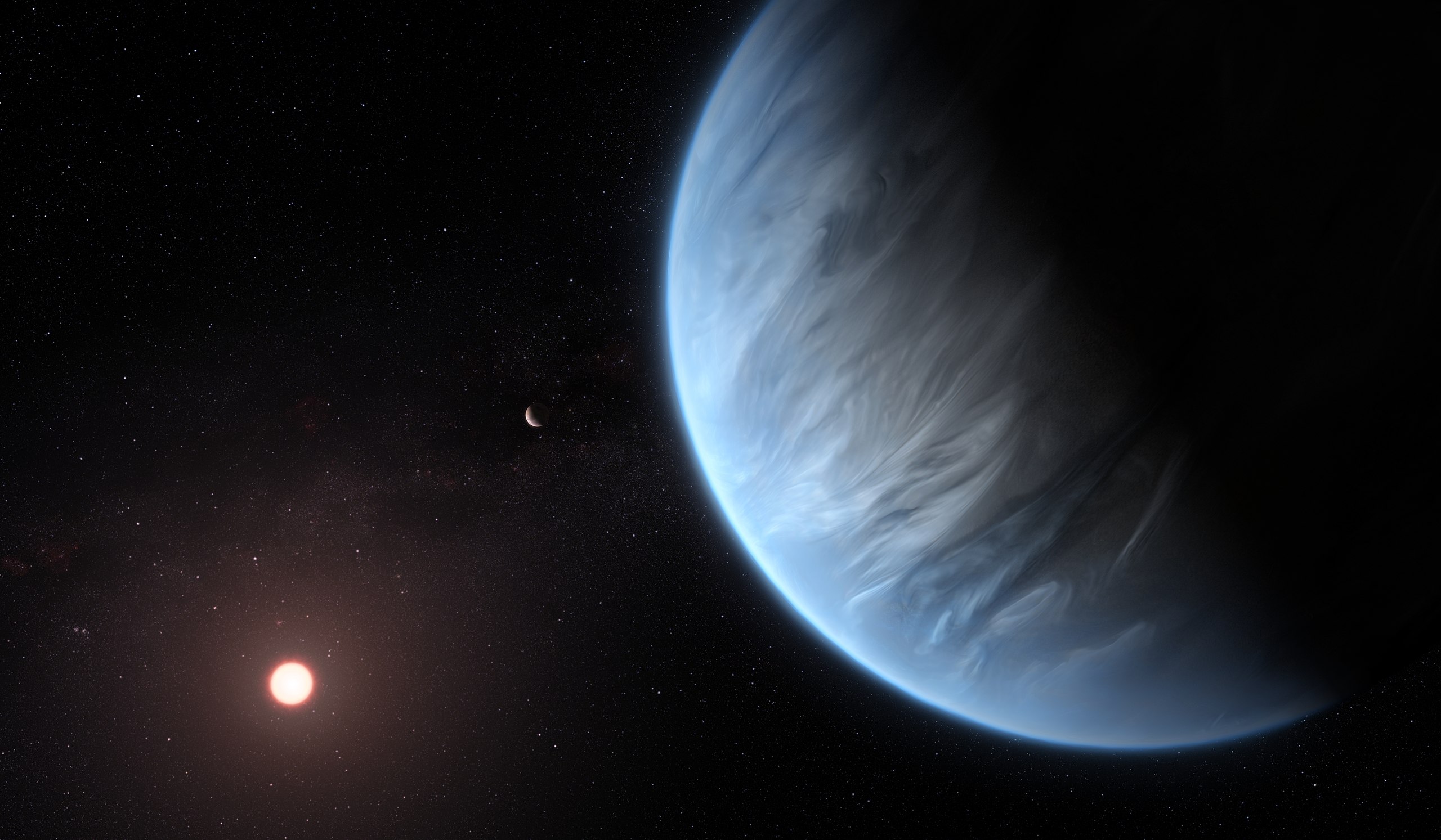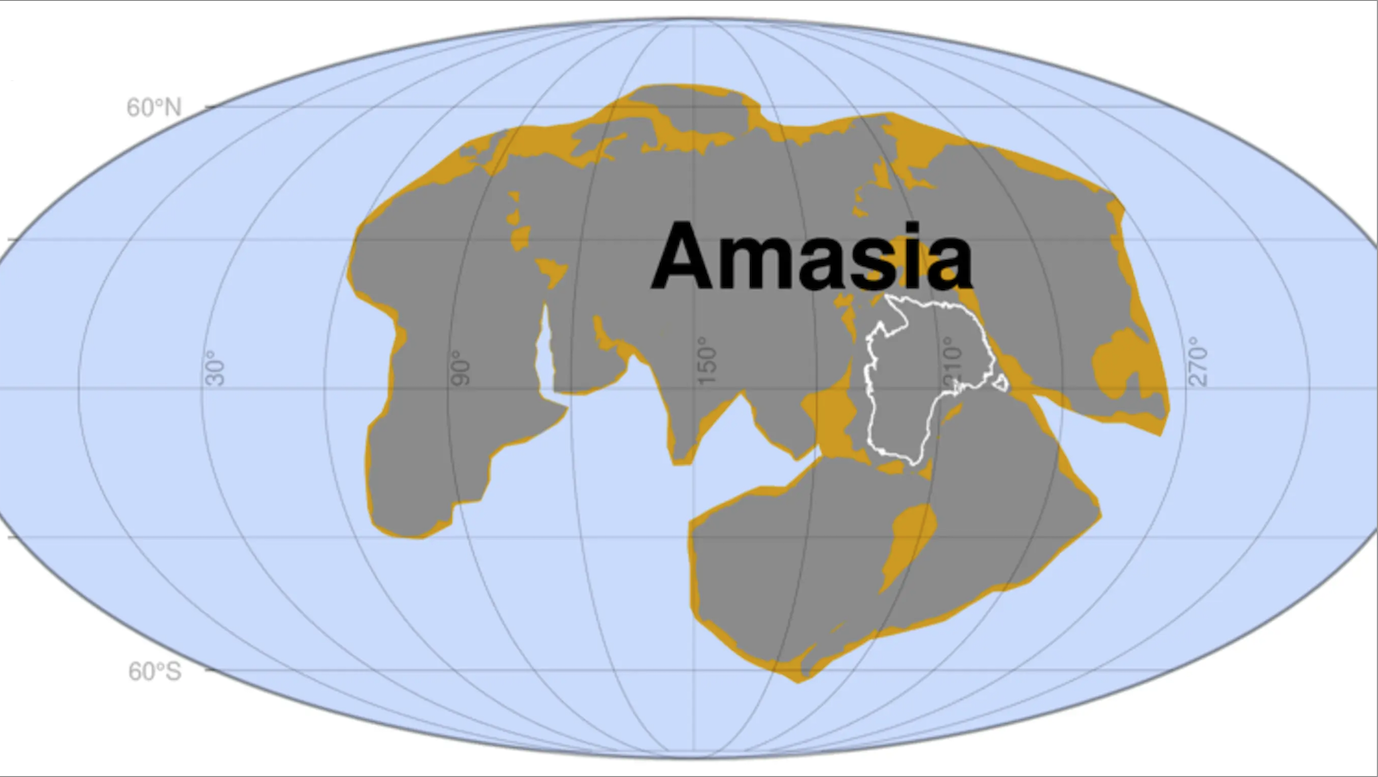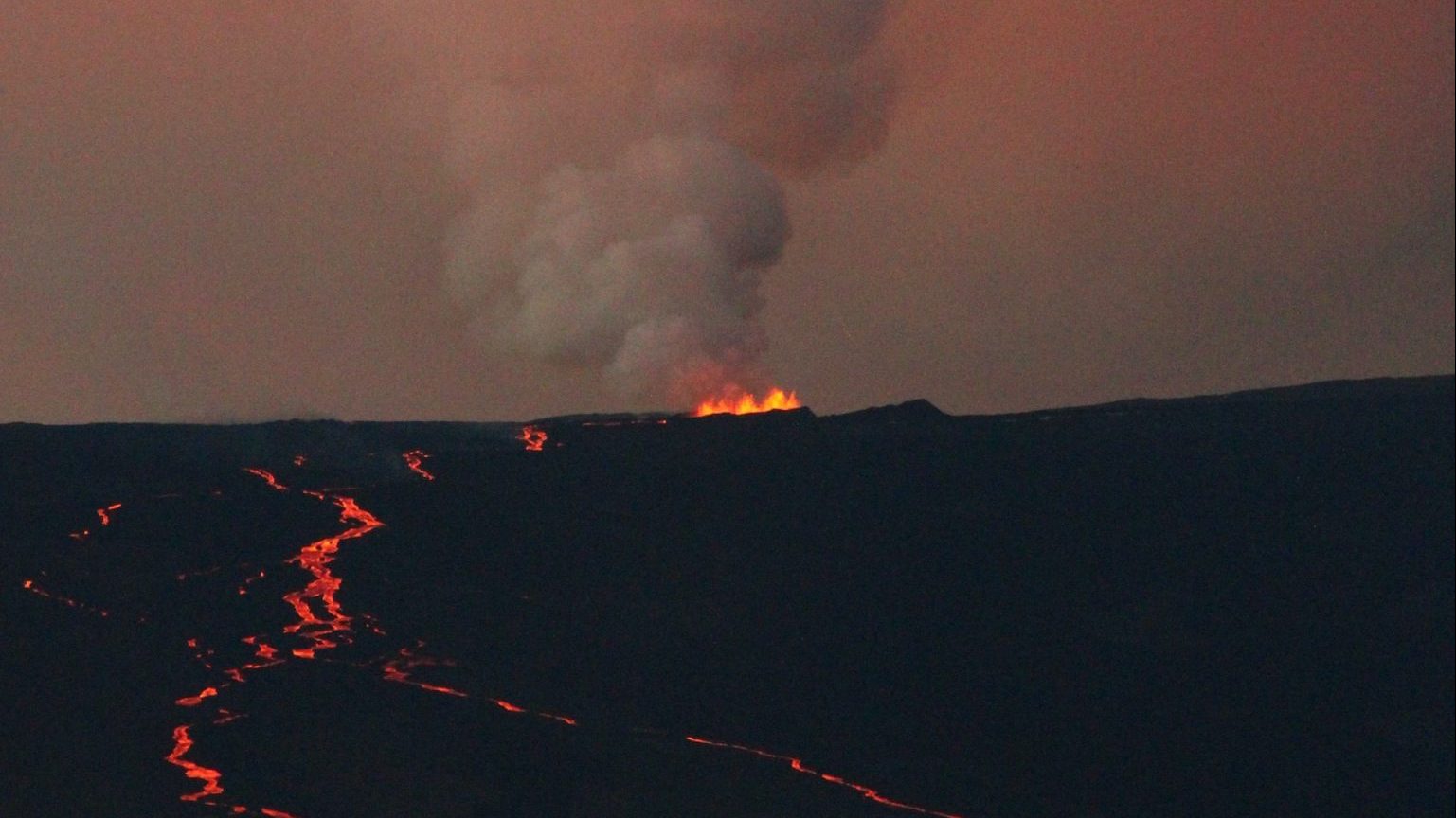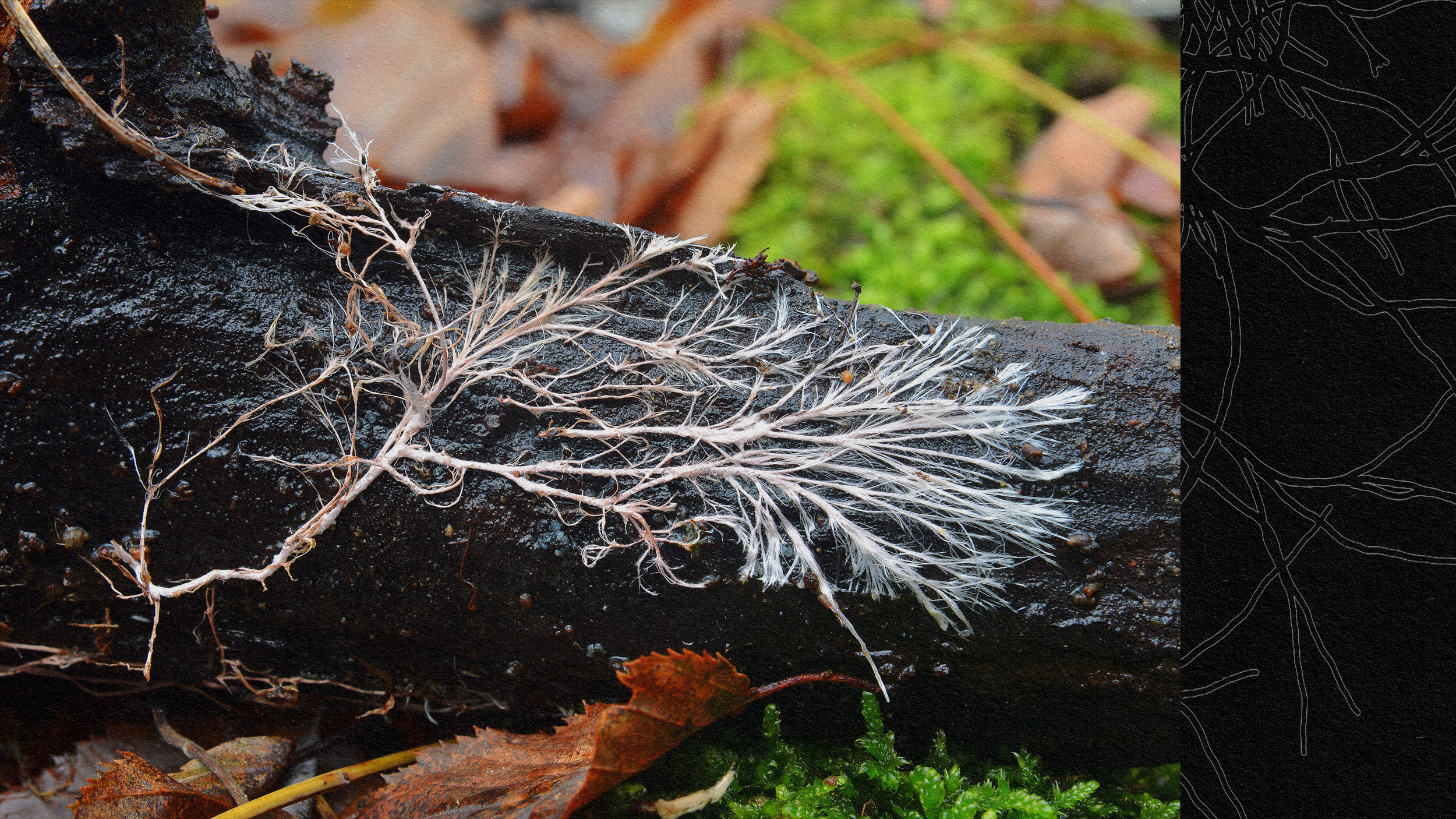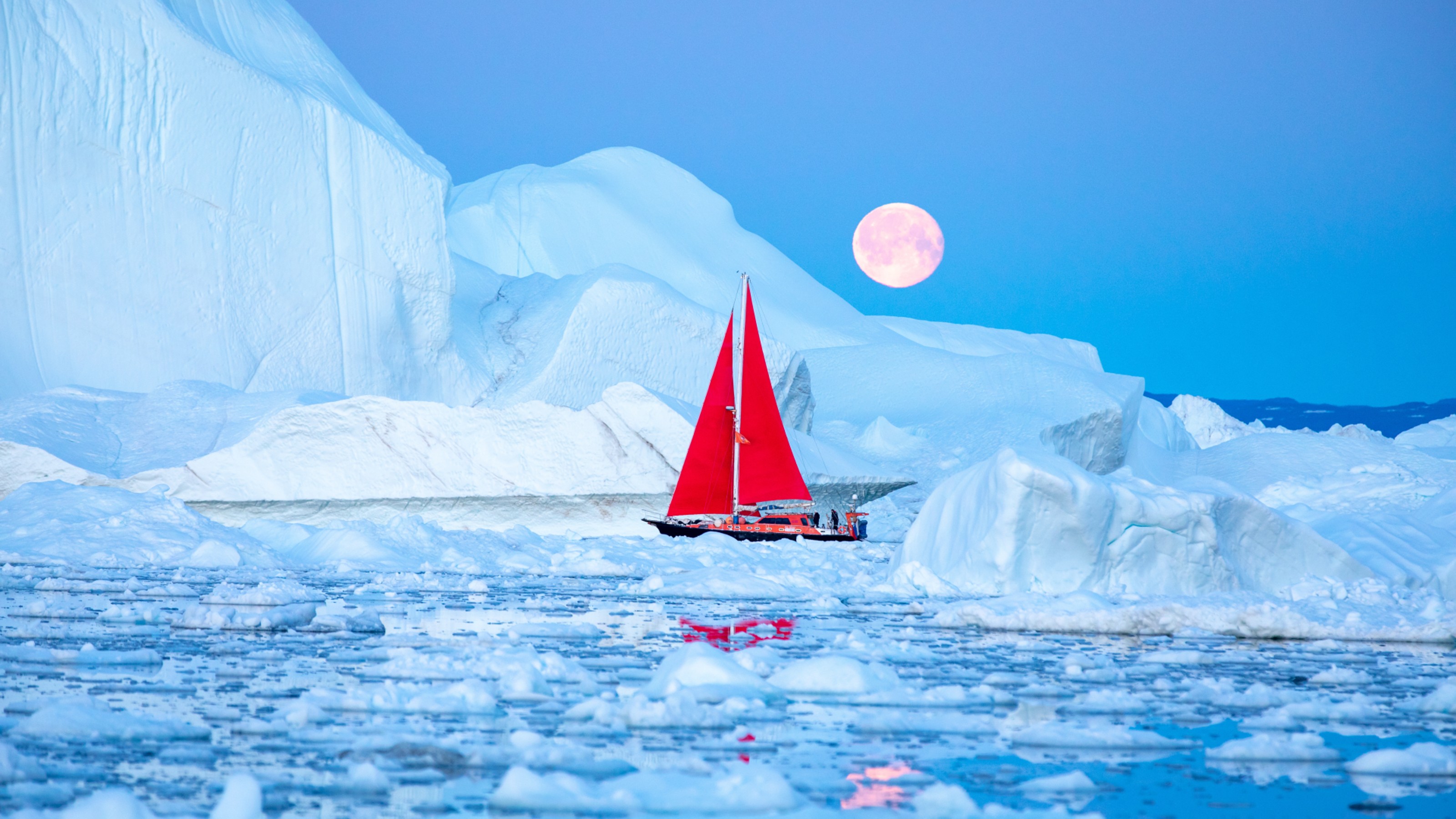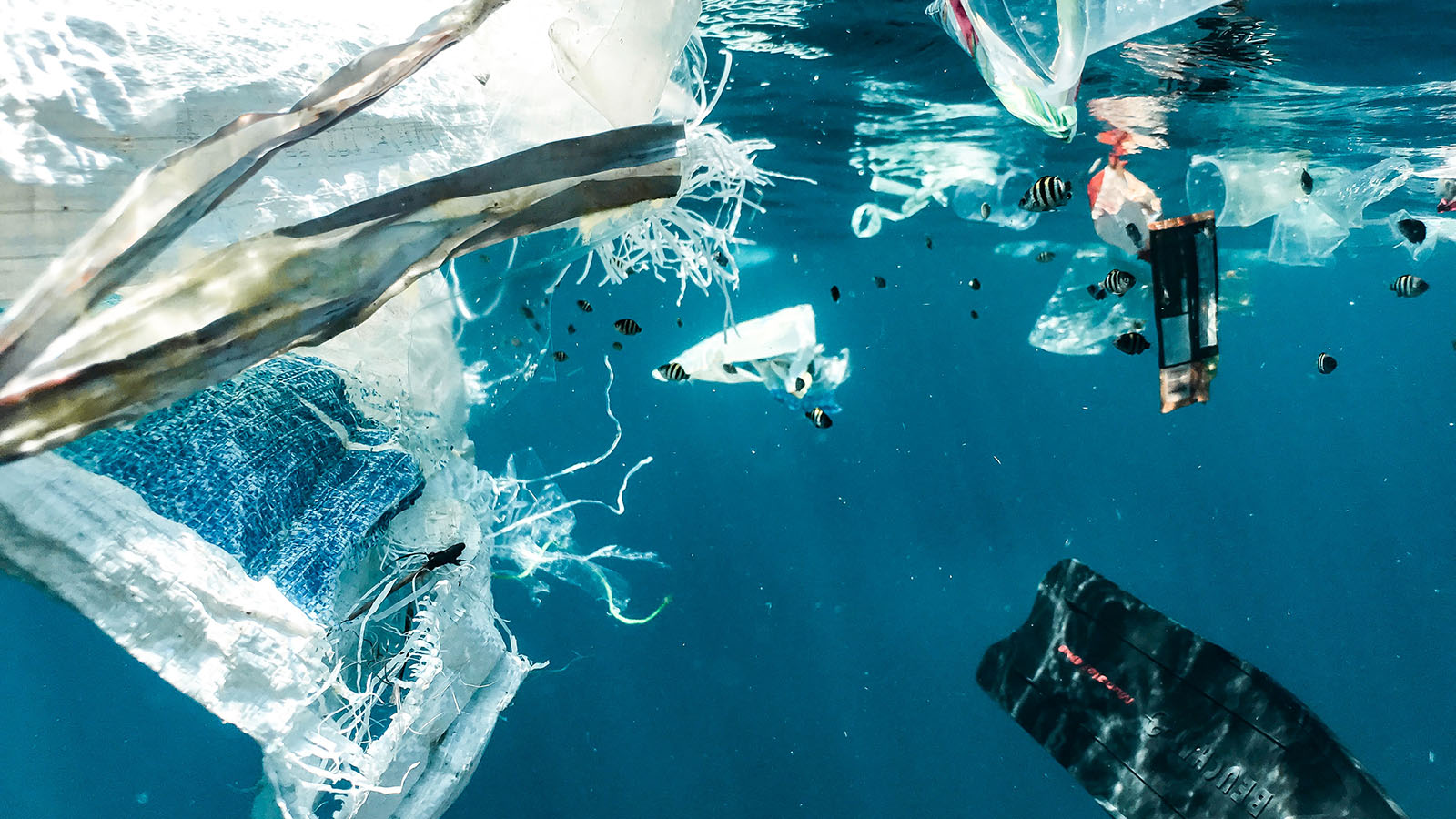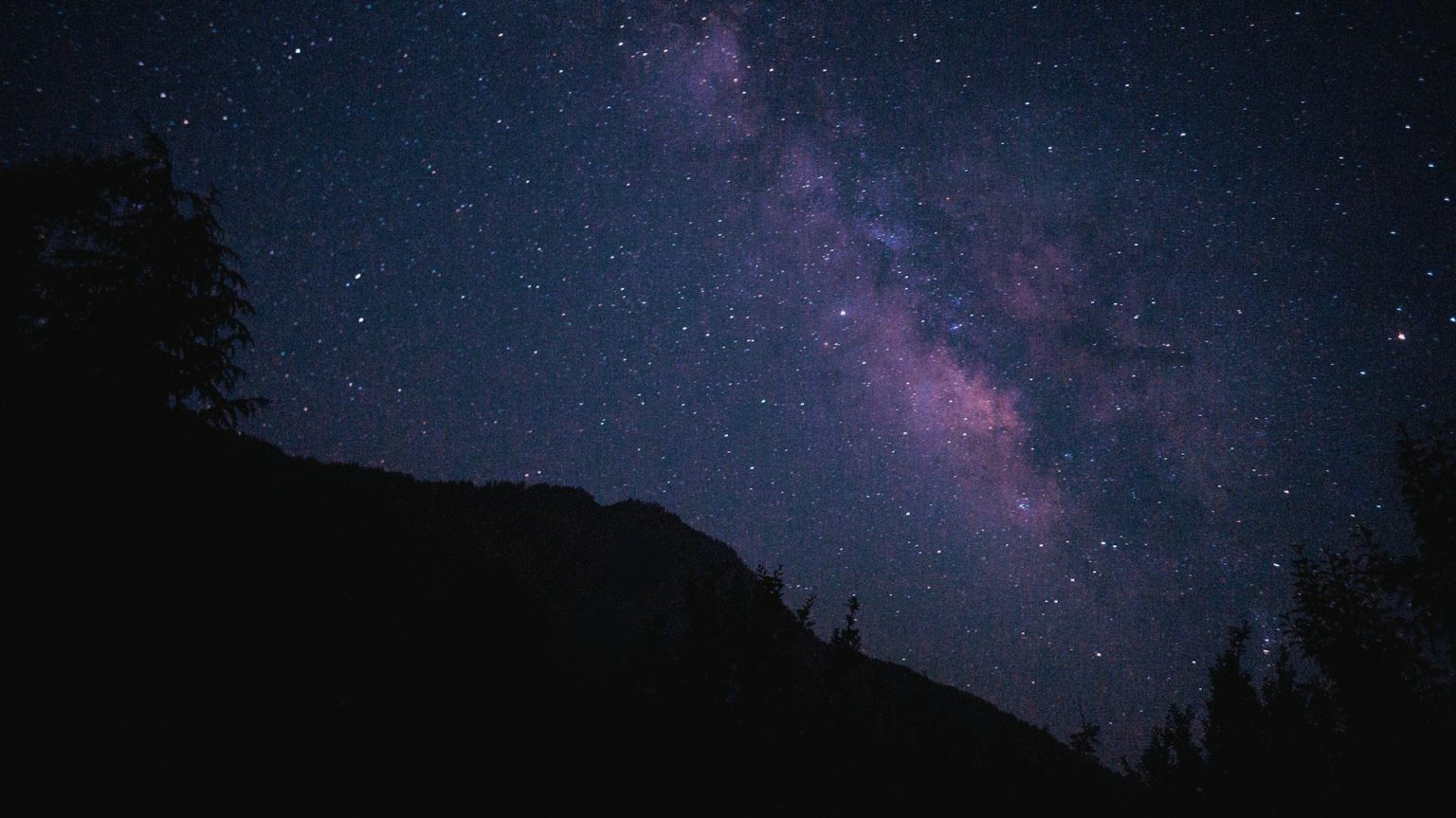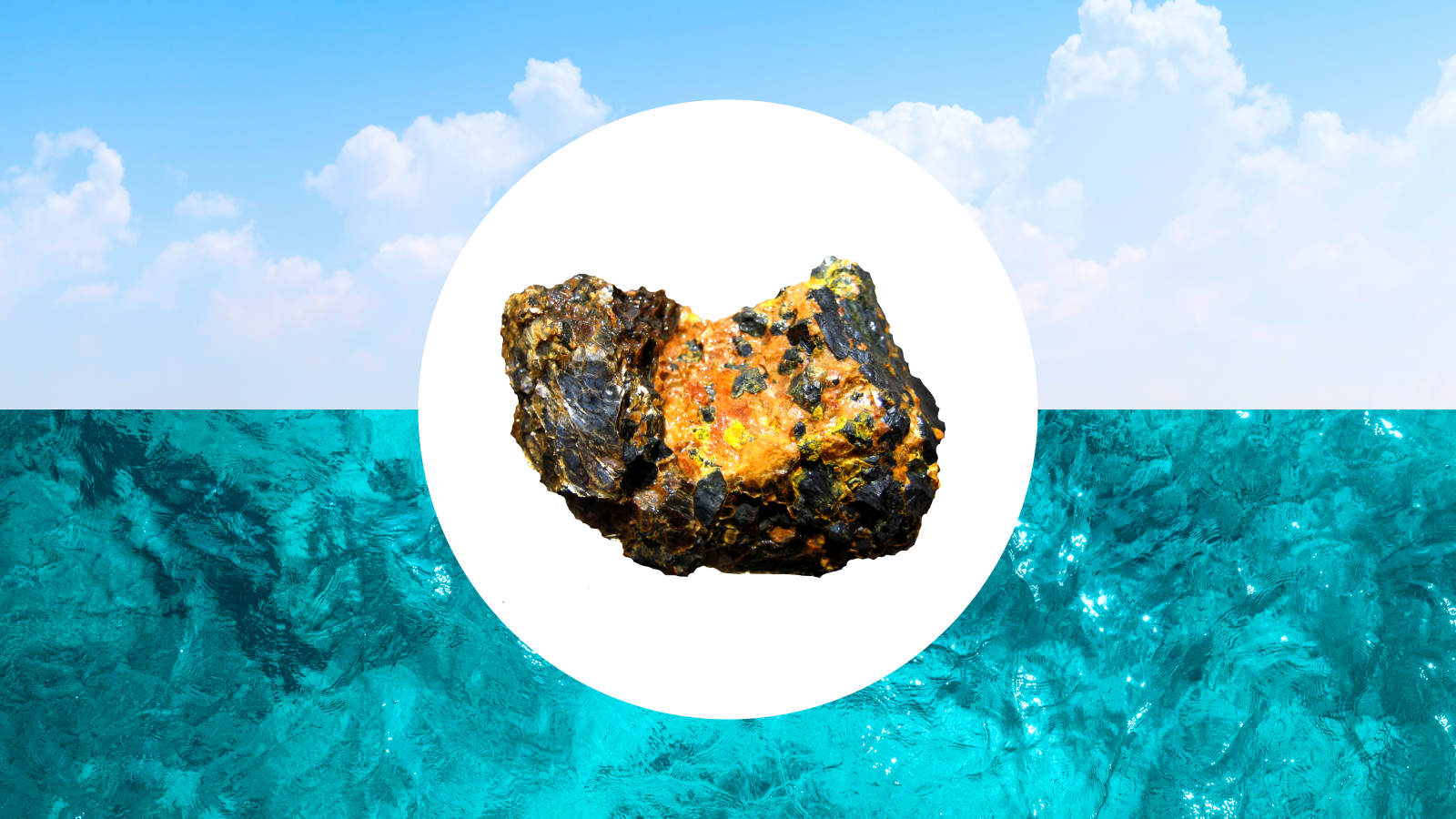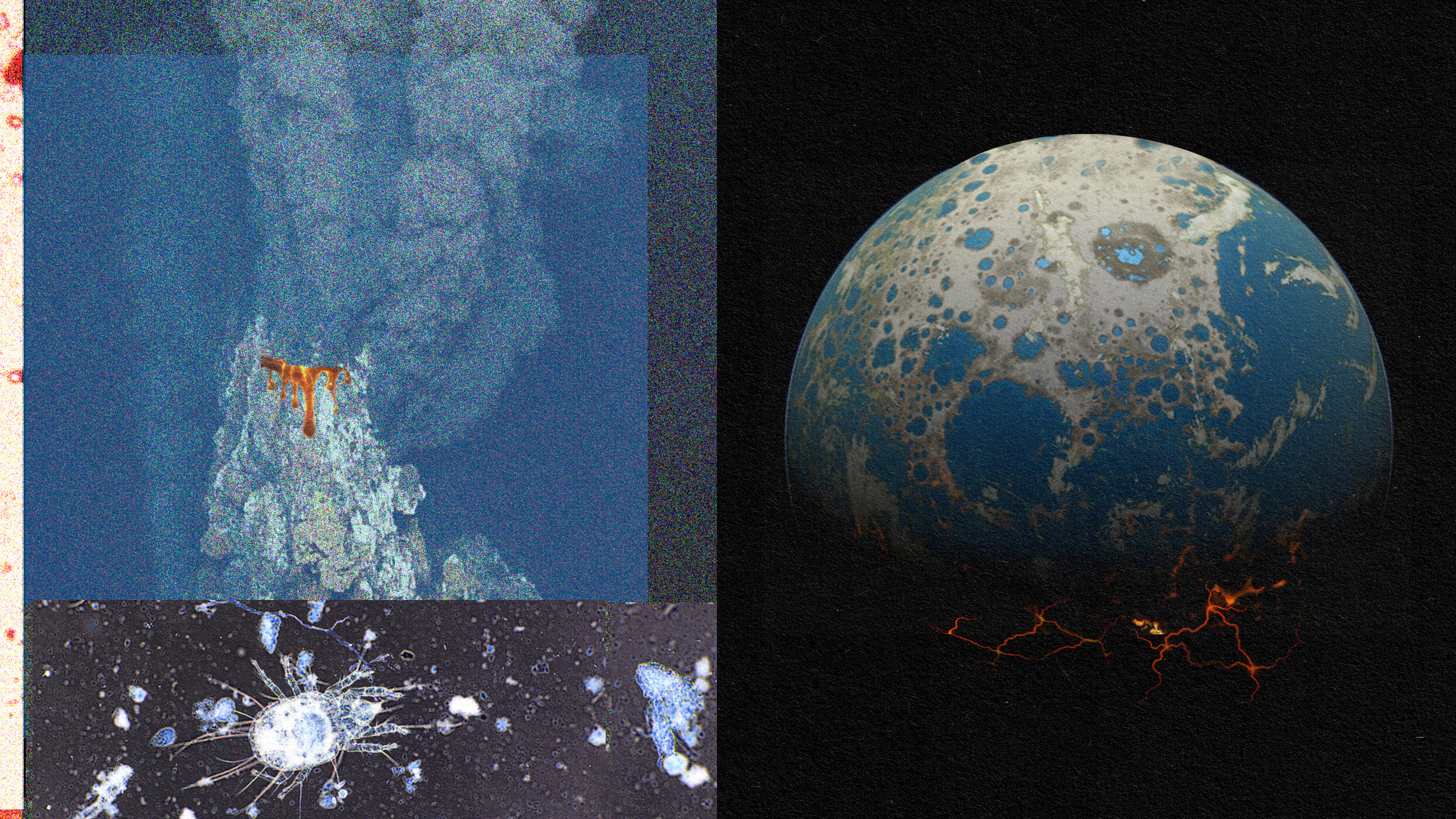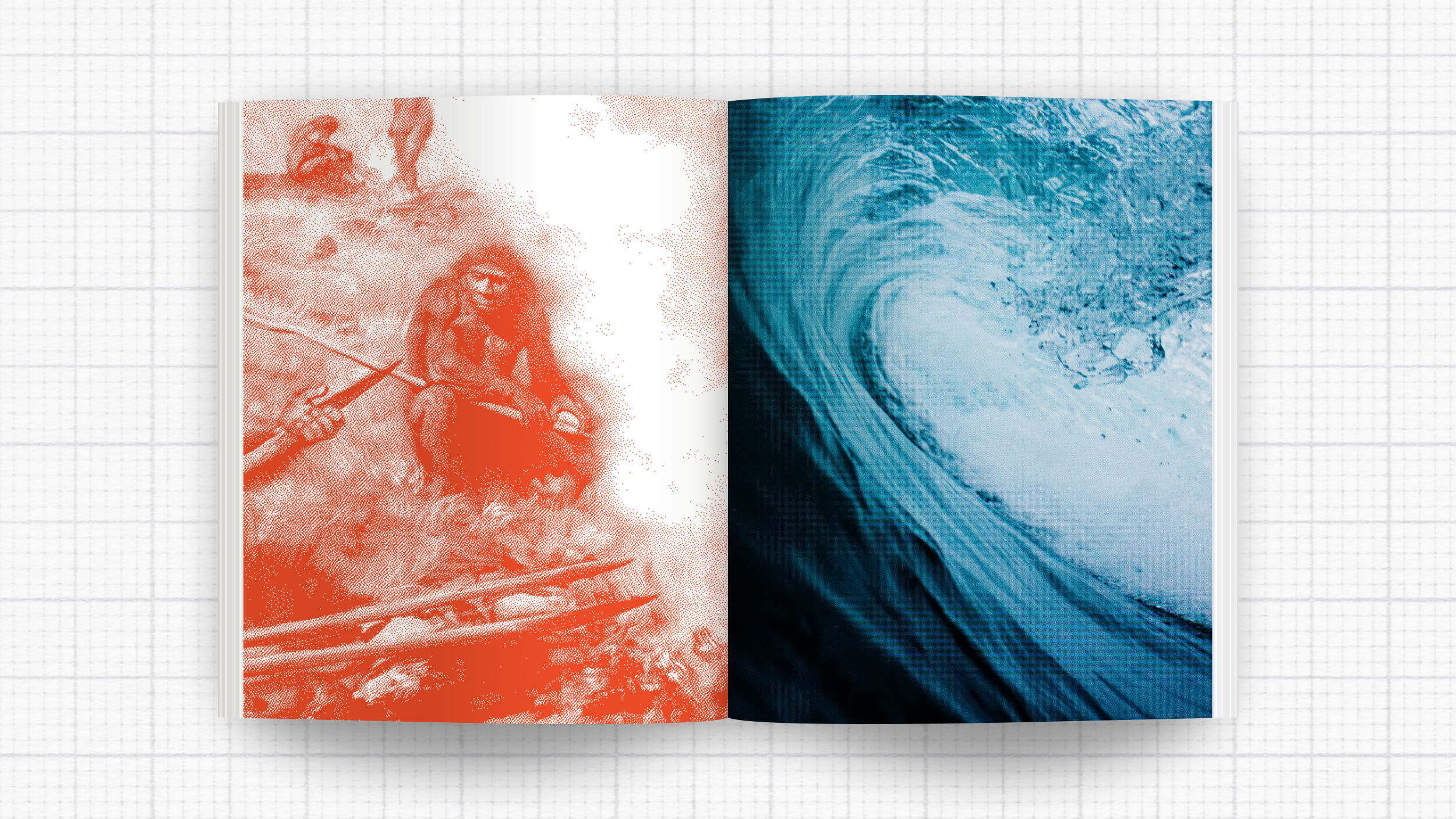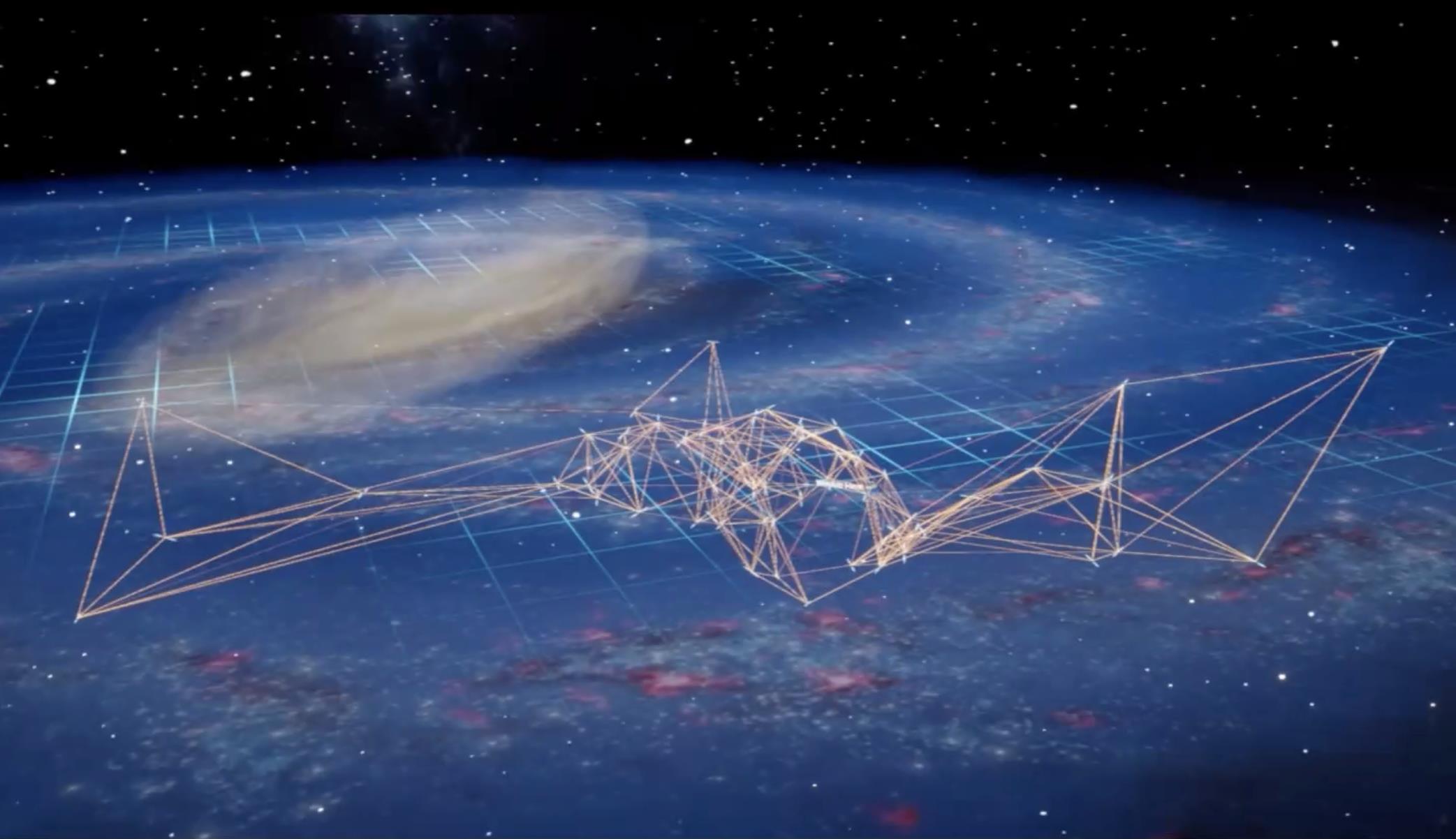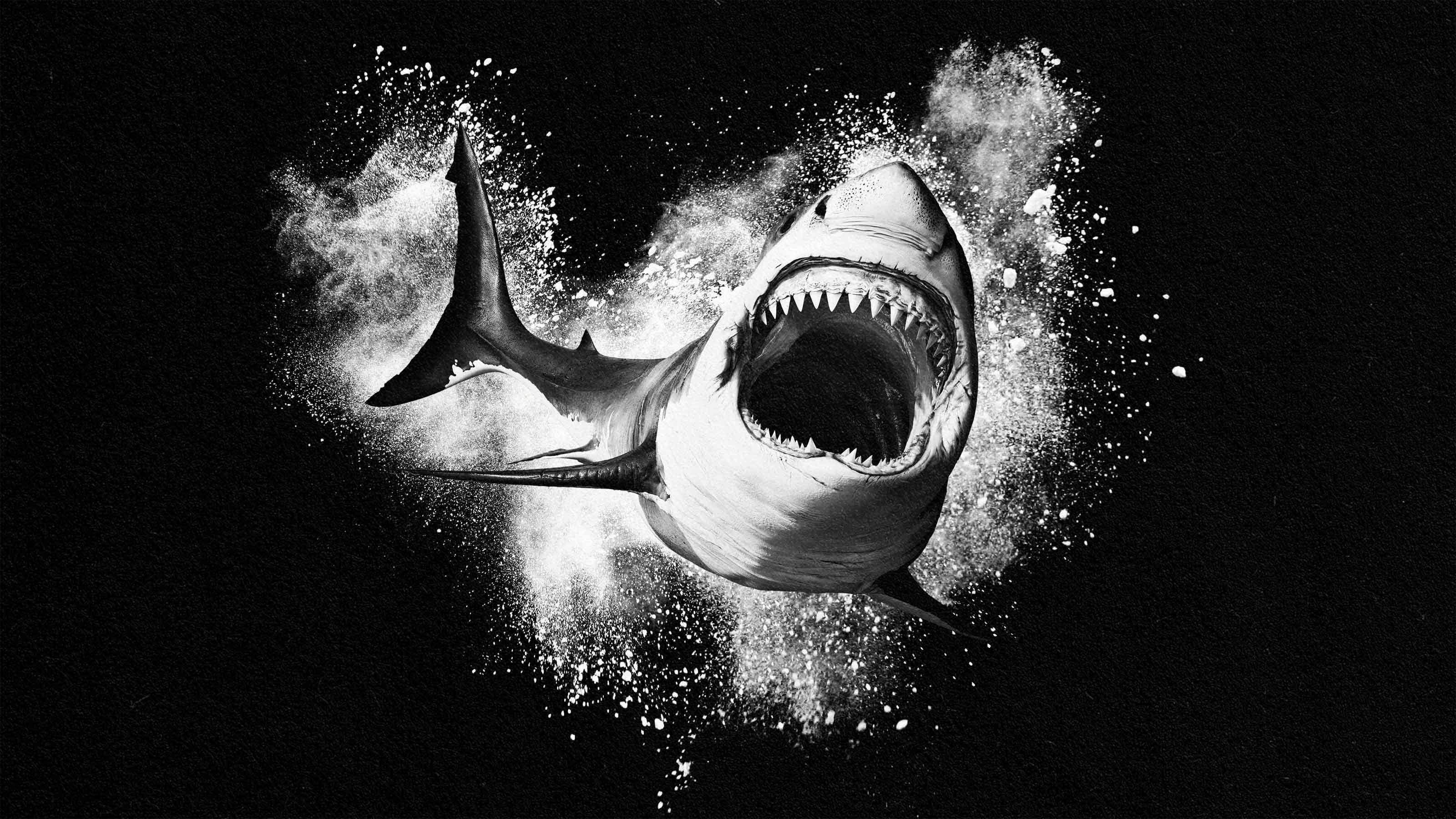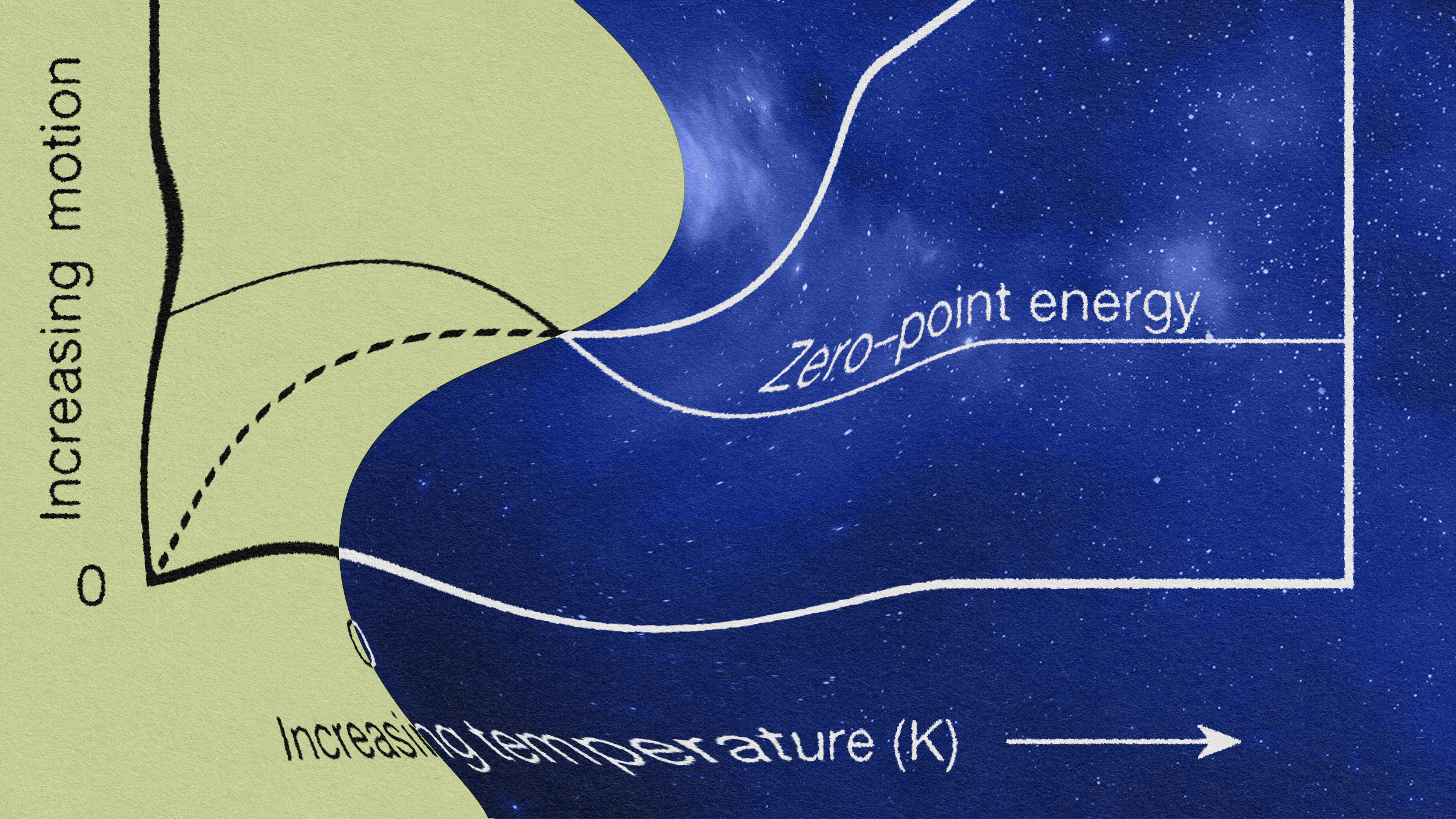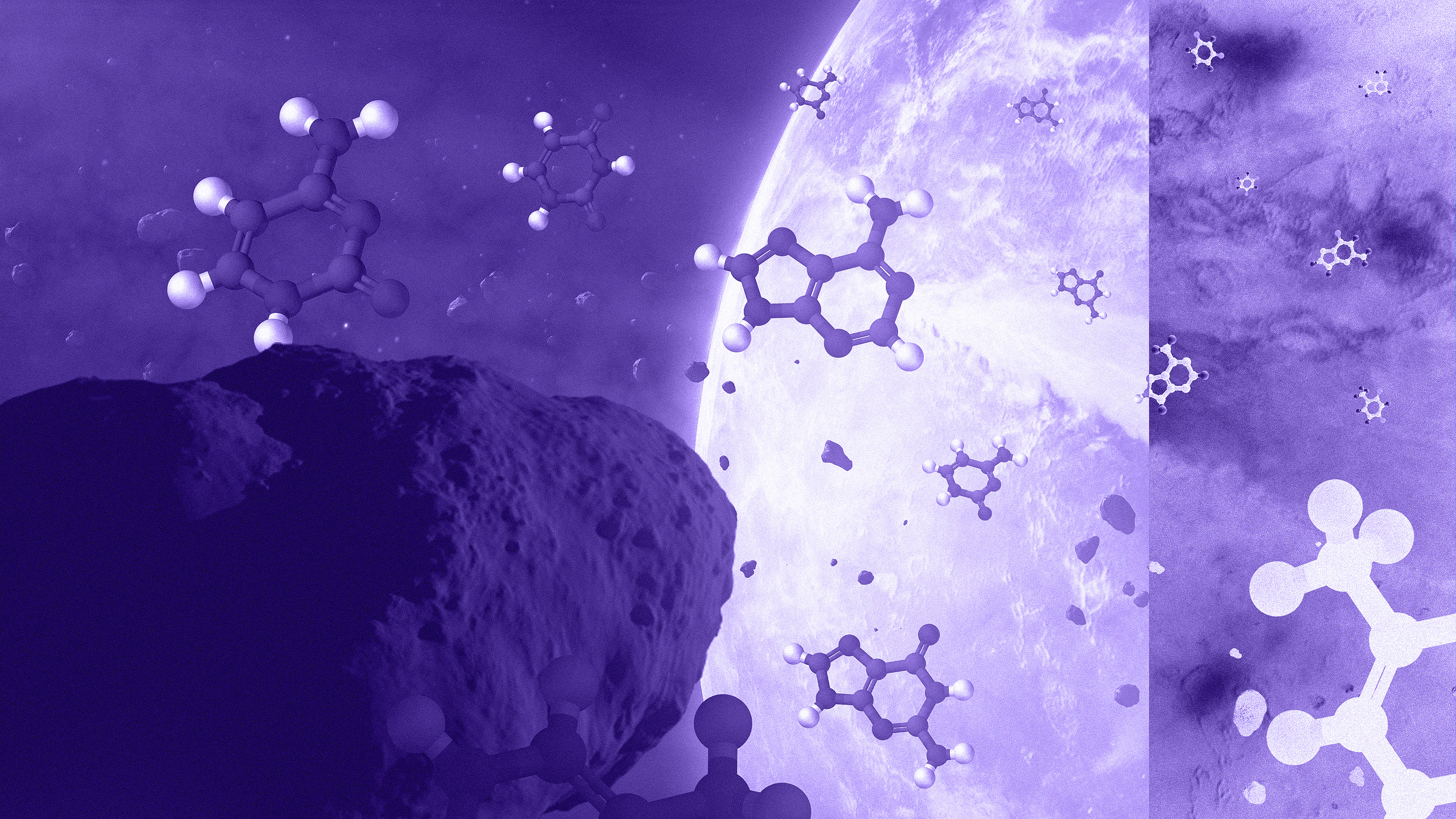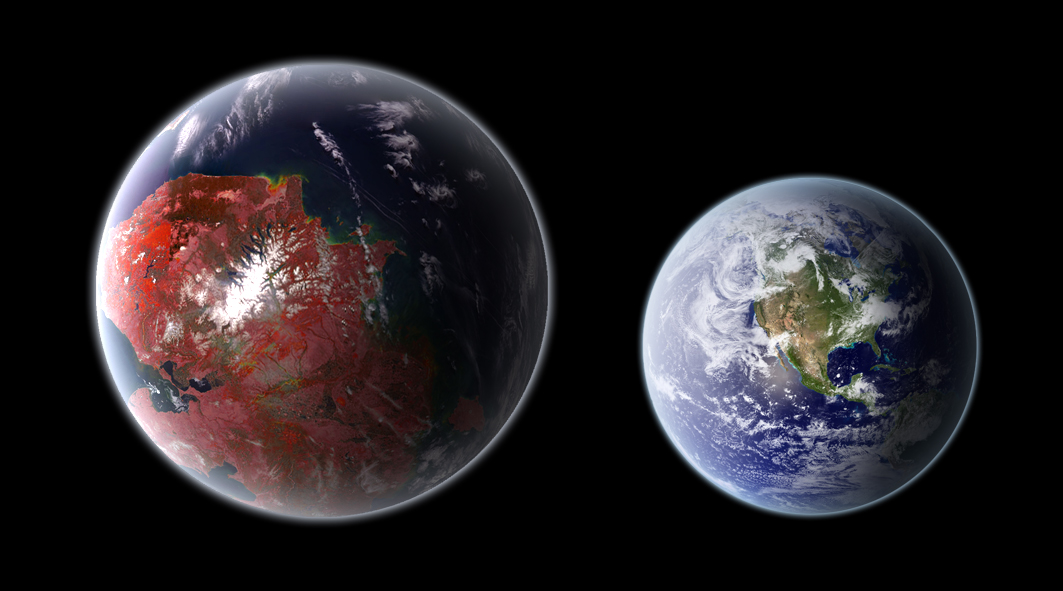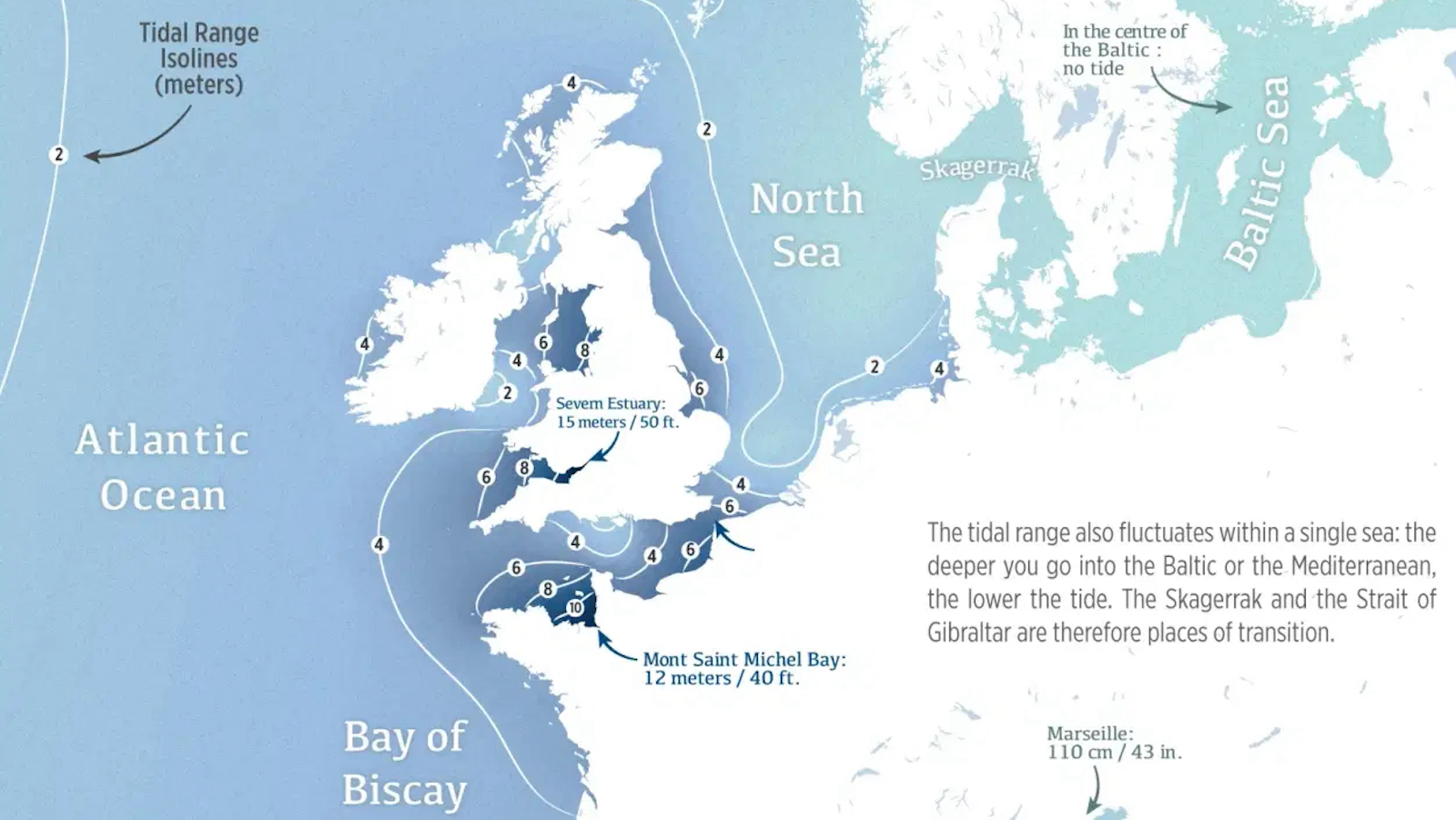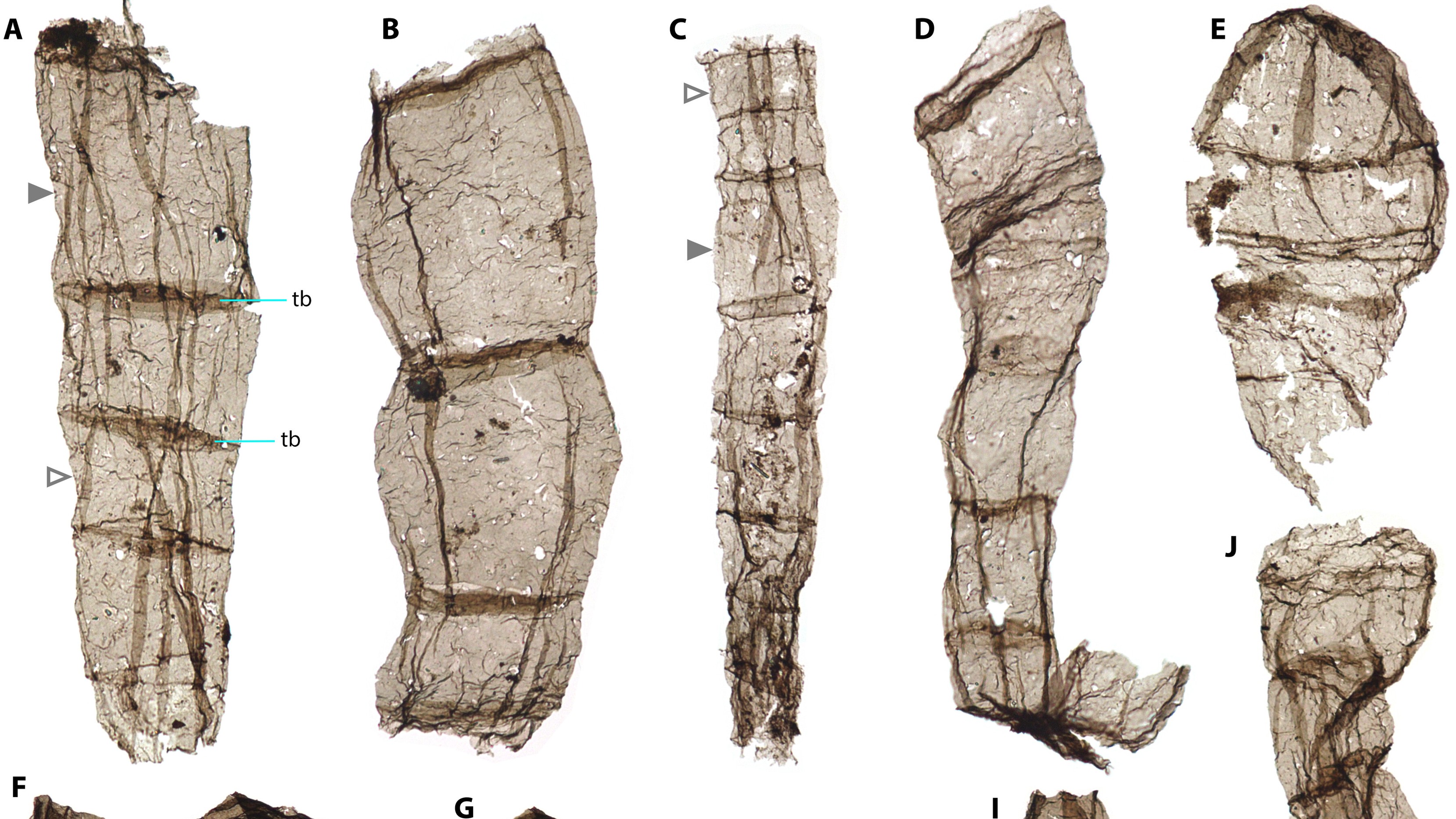In all the known Universe, Earth is the only planet known to have native life. What should guide us in expanding humanity beyond our world?
Search Results
You searched for: Ocean
Your brain is wired for trauma. And it can be hot-wired to forget it.
▸
4 min
—
with
Musical preferences are correlated with personality traits — and these connections are largely consistent across cultures and continents.
Australia’s AAPowerLink boasts three global superlatives: largest solar farm, largest battery, and longest power cable.
Each of our three nearest stars might have an Earth-like planet in orbit around it. Here’s what we’ll learn when we finally observe it.
One possible vision of the distant future.
Hawaii is the most isolated volcanic hot spot on Earth, far away from any plate boundary.
The world is facing many crises, and we should look to natural interdependence and ancient wisdom as we explore science for solutions.
Lynda Gratton, a professor of management practice at the London Business School, explains how business leaders can navigate a future in constant flux.
Scientists have discovered enzymes from several plastic-eating bacteria. So, why are our oceans still full of plastic pollution?
Recent controversies bode ill for the effort to detect life on other planets by analyzing the gases in their atmospheres.
When all your teammates fall for “the emperor’s new clothes,” the results can be disastrous — here’s how to bust the groupthink.
The new material may make marine uranium extraction economically feasible.
The 557-million-year-old specimen challenges the theory that animal body plans were laid out in the Cambrian explosion.
Popular media often frame scientists as having a cold, sterile view of the world. That couldn’t be further from the truth.
Cognitive neuroscientist and AI researcher Christopher Summerfield explores the differences, and similarities, of how AI and humans make meaning of the world.
For billions of years on Earth, life was limited to simple unicellular, non-differentiated organisms. In a mere flash, that changed forever.
From hunter-gathers to desk jockeys, we work best when short, intense sessions are followed by lighter fare.
After 15 years of monitoring 68 objects known as millisecond pulsars, we’ve found the Universe’s background gravitational wave signal!
On November 25, U.N. members will meet in South Korea to cap off a series of meetings aiming to reduce global plastic pollution.
If cocaine affects sharks at all, it does so as an anesthetic, not as a stimulant.
The term “zero-point energy” has at least two meanings, one that is innocuous and one that is a great deal sexier (and scammier).
Earth wasn’t created until more than 9 billion years after the Big Bang. In some lucky places, life could have arisen almost right away.
Whenever something goes wrong — in business as in life — we tend to get cause and effect totally muddled up.
NASA is creating a planet habitability index, and Earth may not be at the top. With our current data, ranking habitability is guesswork.
It’s like radar, but with light. Distributed acoustic sensing — DAS — picks up tremors from volcanoes, quaking ice and deep-sea faults, as well as traffic rumbles and whale calls.
Great tidal ranges are relatively rare on a global scale — and can be very deadly to the unsuspecting foreshore walker.
Cam Lawrence — CEO of international venture platform Newlab — joins Big Think Business to discuss his strategic vision for climate tech.
The discovery suggests that the “Boring Billion” period of evolution on Earth wasn’t so boring after all.

